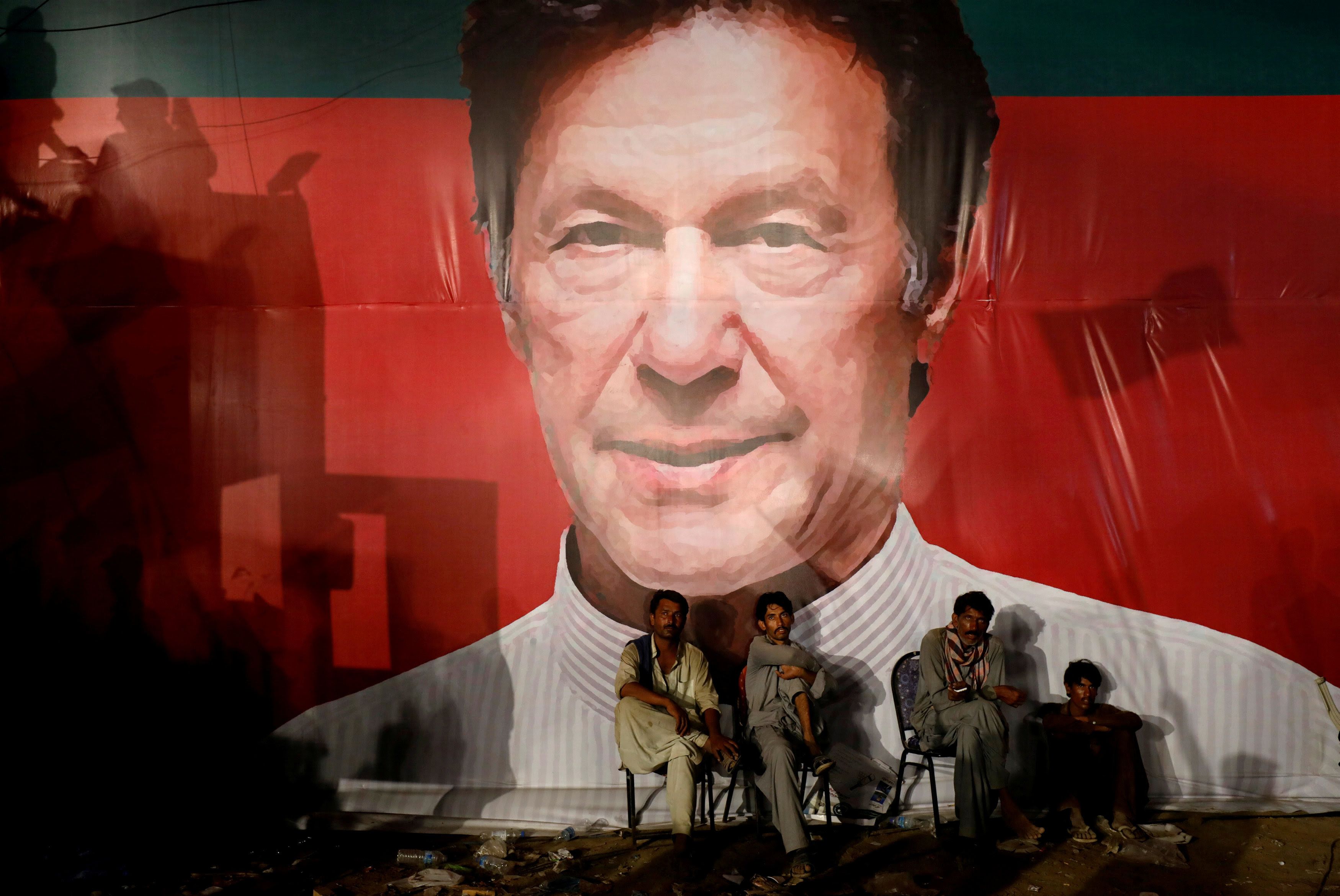September 18, 2018
Most of the stories you read about refugees these days involve governments struggling to support them or trying to manage popular backlashes against them. In some cases, they involve active efforts to strip them of their rights. So it was something of a surprise when Pakistan’s newly elected Prime Minister Imran Khan announced over the weekend that he wants to grant citizenship to some 1.5 million Afghan refugees living in his country.
By way of background: Pakistan is home to the world’s second largest refugee population—many of whom fled neighboring Afghanistan after the Soviet invasion of their country in 1979, or after the US-led invasion in 2001. Those people, and their descendants, are all considered refugees under international law and Islamabad’s position until now has been: they have to go home.Why is Khan taking this step now? Whatever Mr. Khan’s benevolent motivations might be, his proposal also carries a political calculation. In Pakistan’s elections earlier this year, members of the Pashtun ethnic group voted in large numbers for Mr. Khan’s Pakistan Tehreek-e-Insaf Party (PTI), sweeping him to power. As it happens, a majority of the Afghan refugees in Pakistan are Pashtuns, meaning that integrating them—by issuing government IDs and access to social services—could help to shore up, and even expand, his political base.
Will Pakistan’s all-powerful military, which holds sway over immigration policy, allow this? The generals have long favored refugees' repatriation to Afghanistan, seeing them as a security threat. And in the past they have reportedly used them as a bargaining chip with Kabul and Washington, knowing that dumping 1.5 million people in a weak state like Afghanistan could trigger a humanitarian and political crisis for the US-backed government there. Just days ago, Pakistan’s foreign minister spoke in Kabul of plans for an orderly repatriation. Khan’s proposal now sets up a big fight.
But at a moment when backlashes against immigrants are becoming more common, Khan’s words offered a stark contrast to the current zeitgeist: “Why are they treated without dignity?” he asked. “They are humans, how have we deprived them for 30-40 years?”
More For You
Most Popular
With the US leading production and China driving new reactor development, Bank of America breaks down the who, what, where, when, and why behind nuclear’s return. Stay ahead of global energy trends with Bank of America Institute.
Chris, an Army veteran, started his Walmart journey over 25 years ago as an hourly associate. Today, he manages a Distribution Center and serves as a mentor, helping others navigate their own paths to success. At Walmart, associates have the opportunity to take advantage of the pathways, perks, and pay that come with the job — with or without a college degree. In fact, more than 75% of Walmart management started as hourly associates. Learn more about how over 130,000 associates were promoted into roles of greater responsibility and higher pay in FY25.
Last week, at the Munich Security Conference, a group of global technology providers, including Microsoft, announced the Trusted Tech Alliance — committed to shared, verifiable principles for trusted, transparent, and resilient technology across borders. At a moment of economic volatility and zero-sum technological competition, countries and customers are demanding greater accountability from technology providers. The Alliance addresses this by bringing together companies from across Africa, Asia, Europe, and North America around shared commitments: transparent governance, secure development practices, supply chain oversight, open digital ecosystem, and respect for the rule of law — ensuring the benefits of emerging technologies strengthen public trust while driving job creation and economic growth. Explore the Trusted Tech Alliance here.
© 2025 GZERO Media. All Rights Reserved | A Eurasia Group media company.
